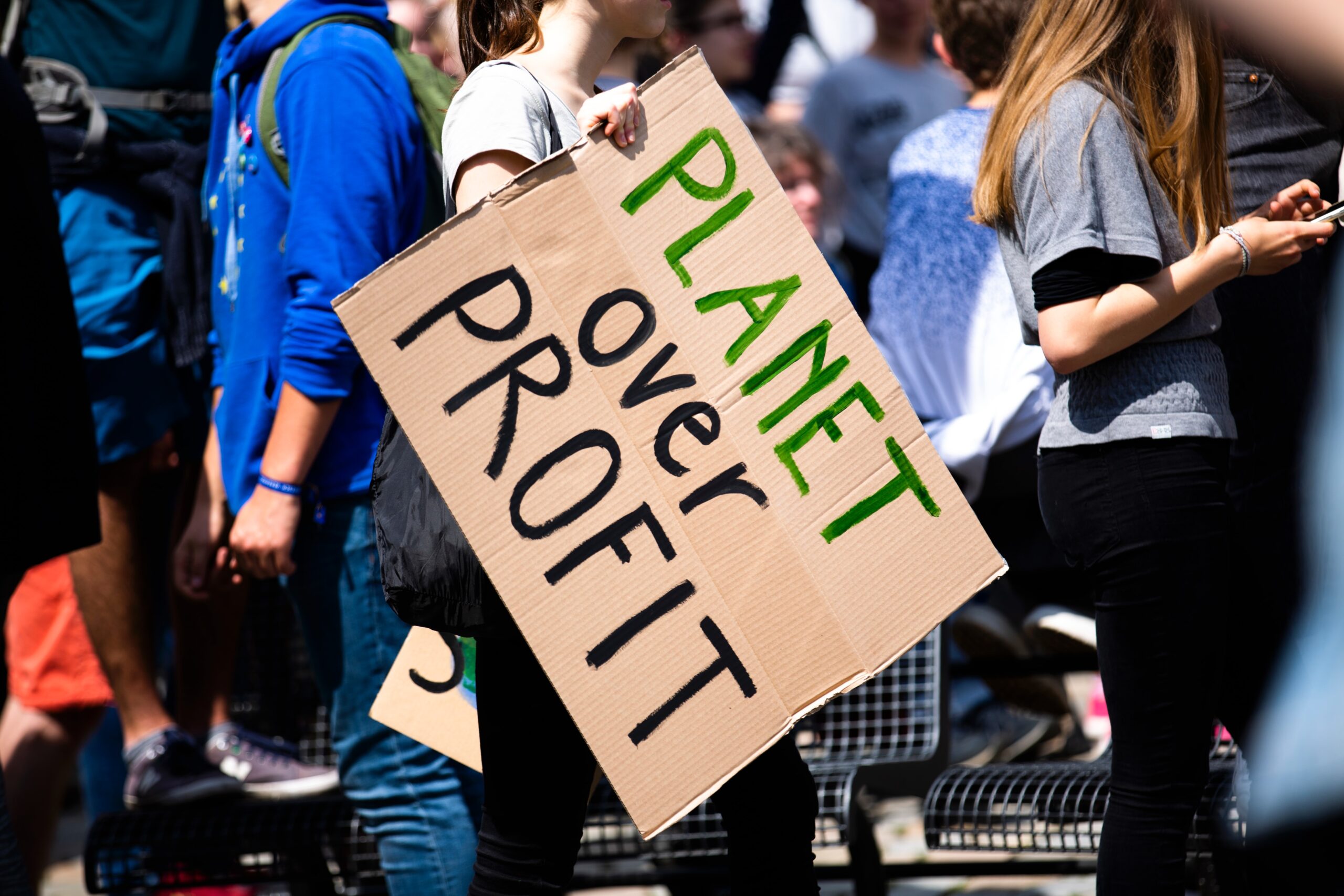Photo Credits – markus-spiske-n52HL8hmsdg-unsplash
Most of us have heard the quote “save the turtles” in reference to the switch to paper straws over plastic straws. However, this is a small step in comparison to the work that large corporations across the United States are doing to combat climate change and ensure a healthy planet for the future.
Vehicles are one of the biggest causes of climate change. Vehicles mostly run on fossil fuels, but the switch to electric vehicles is becoming a more popular solution. On their website, Uber shared a message on what they’re doing to combat climate change, stating, “Uber is committing to becoming a fully zero-emission platform by 2040, with 100% of rides taking place in zero-emission vehicles, on public transit, or with micro-mobility. We’re also setting an earlier goal of having 100% of rides take place in electric vehicles (EVs) in US, Canadian, and European cities by 2030.”
Furthermore, the company goes on to inform how these ambitious goals would be more than effective in reaching the goals of the 2015 Paris Climate Agreement, so much in fact that it would set them an entire decade ahead of goals set by the agreement.
Financially, Uber is investing $800 million in hopes of making a nearly complete electric fleet possible by 2025. Hopefully, other companies that have a big presence in the vehicle industry will step up to the plate and announce more plans for a cleaner earth. Recently, Daniel Thomas and Noor Nanji of BBC News reported, ‘’The billionaire founder of the outdoor fashion brand Patagonia has given away his company to a charitable trust.” Yvon Chouinard, founder of the company Patagonia, said any profit not reinvested in running the business would go to fighting climate change.
The label has amassed a cult following due to sustainability moves like guaranteeing its clothes for life and offering reasonably priced repairs. It is famous for an advert titled “Don’t buy this jacket,” asking shoppers to consider the environmental cost. The brand’s website now states, “Earth is now our only shareholder.”
Chouinard has always said he, “never wanted to be a businessman.” A rock climbing fanatic himself, he started out by making metal climbing spikes for himself and his friends to wedge into rocks before moving into clothing and eventually creating a hugely successful sportswear brand with a cult following. Founded in 1973, Patagonia’s sales were worth roughly $1.5 billion this year, while Chouinard’s net worth is thought to be $1.2 billion. But he has always shied away from his wealthy status, telling the New York Times he was, “horrified to be seen as a billionaire.”
“Despite its immensity, the Earth’s resources are not infinite, and it’s clear we’ve exceeded their limits,” said Chouinard on his decision to give up ownership. “Instead of extracting value from nature and transforming it into wealth, we are using the wealth Patagonia creates to protect the source.”
Earlier in the year, Microsoft founder Bill Gates vowed to “drop off” the world’s rich list as he made a $20 billion donation to his philanthropic fund. The tech boss, who is thought to be worth $118 billion, had pledged to give his wealth away to charity in 2010, but his net worth has more than doubled since then.
The BBC is also reporting that in April of 2022, Walmart published a statement on its website regarding its plans for mitigating climate change. “Walmart has committed to science-based targets for emissions reduction, including achieving zero emissions in our operations by 2040 and engaging suppliers through our Project GigatonTM initiative to reduce or avoid supply chain emissions by 1 billion metric tons by 2030,” shared the corporation. “We aim to galvanize collective action across the retail and consumer goods sector through our advocacy, supplier engagement, philanthropy, and innovation in product supply chain practices while taking steps to strengthen the resilience of our business against the effects of climate change.”
We have called the earth home for ages now, and it’s time we put in the necessary effort to make sure it lives on and does not crumble because of our doing. Big corporations, on whom we spend billions, should take the initiative to play their part.
Isaiah Ireland is a second-year Media and Culture major. II978280@wcupa.edu.

